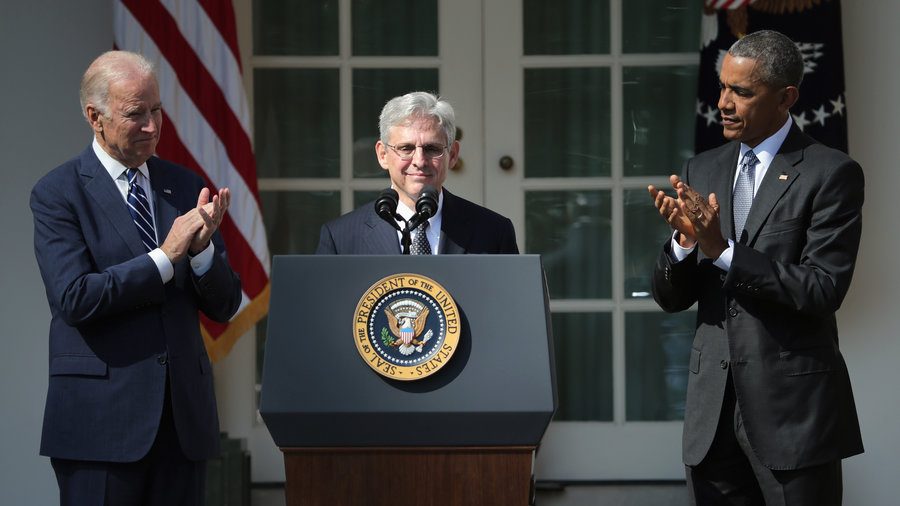Obama’s Pick for the Supreme Court Justice
When Supreme Court Justice Antonin Scalia passed away at age 79, on Saturday April 9th, politicians questioned the morals of Obama possibly nominating another Supreme Court justice. Many politicians believe that it would be unethical for President Obama to nominate and appoint judges, with the consent of the Senate, at the end of his Presidency. Since Obama’s presidency is coming to an end, many senators feel that it would be more appropriate for the next elected president to make that decision. However, the Constitution states that when a position in the Supreme Court is unoccupied, the president “shall nominate, and by and with the Advice and Consent of the Senate, shall appoint…Judges of the Supreme Court.” Regardless of who or when Obama decides to nominate a judge, it is his constitutional right as the president nominate someone for Supreme Court Judge when a position is vacant.
With this constitutional authority, President Obama nominated Merrick Garland. A decision as crucial as this can upset the ideological balance in the nation’s highest court system in favor of one particular party. However, Garland has been praised by both Democrats and Republicans and is known for being a moderate judge, which could ease the tension between republicans and democrats. At the Rose Garden ceremony for the nomination, President Obama defended his choice by stating, “I’ve selected a nominee who is widely recognized not only as one of America’s sharpest legal minds, but someone who brings to his work a spirit of decency, modesty, integrity, even-handedness, and excellence.”
Despite the legality of Obama’s Supreme Court pick, he was criticized by both right wing conservatives and liberal leftists. Many liberals were hoping that President Obama would nominate a person of color for the job, in an effort to bring diversity to the nation’s highest court. As important as diversity is, the president should be able to choose who he feels would best serve the court regardless of race. Numerous republicans in the Senate, specifically Senator Mitch McConnell of Kentucky, publically denounced the nomination of Garland for Supreme Court justice. Senator McConnell explained to the senate that “It is the senate’s right to act as a check on the president and withhold its consent. The next president may also nominate someone very different. Either way, our view is this: Give the people a voice in the filling of this vacancy.”
Despite the controversy and unrest surrounding president Obama’s Supreme Court nomination of Merrick Garland, it is his right as president to nominate an individual he feels is satisfactory for the job. In the next few weeks, we will see how the Senate decides to handle the president’s nomination. A judge as moderate as Merrick Garland has the ability to facilitate peace and negotiations between the two self-willed political parties.
















